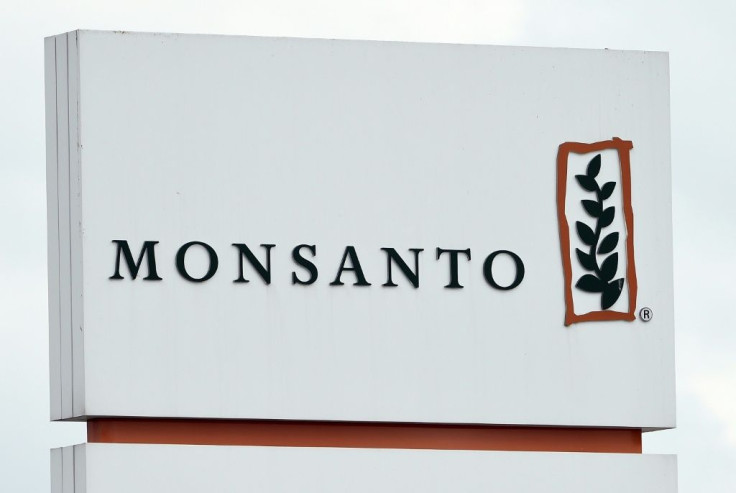France Fines Monsanto For Illegally Running 'Watch Lists'
France's personal data protection agency on Wednesday fined US firm Monsanto for illegally compiling files of public figures, journalists and activists with the aim of swaying opinion towards support for its controversial pesticides.
The firm, now owned by German chemical giant Bayer, failed to inform the people on the watch lists compiled in the context of a heated public debate about glyphosate, a weed killer, it ruled.
The CNIL agency fined Monsanto 400,000 euros ($473,000) in the case brought by seven plaintiffs.
Compiling lists of contacts was not in itself illegal, the agency said, but only people who could "reasonably expect" to figure on such lists because of their business sector or their public standing should have been included.
Furthermore, data had to be collected legally and targets informed, including of their right to refuse being listed. By keeping the lists secret, Monsanto deprived them of this right, CNIL said.
Monsanto gave a rating of one to five to each of the over 200 people on its French lists corresponding to their estimated influence, credibility and level of support for Monsanto on several topics, especially pesticides and genetically-modified crops.
The case, first reported by French media Le Monde and France 2 television in 2019, quickly spread to other European countries where Monsanto was also keeping lists.
Lawyers hired by Bayer -- which had acquired Monsanto the previous year -- said that they found close to 1,500 politicians, journalists and others "located primarily within the EU" on "stakeholder lists" maintained by Monsanto's public relations agency FleishmanHillard.
In a report published by Bayer, the US-based law firm Sidley Austin added that it had found no evidence of illegal surveillance activity surrounding the watch lists.

In a statement sent to AFP on Wednesday, Bayer said that the French authority had "considerably reduced" the initial scope of its allegations against the firm.
But CNIL's ruling still differed from Bayer's own view that the lists were legal, it said.
FleishmanHillard compiled the lists of people active in the pesticide debate around the time the European Union was considering the renewal of the license for controversial weedkiller glyphosate in 2016-17.
AFP in 2019 filed a complaint with CNIL because some of its journalists were on Monsanto's list, saying it "considers practices of this kind to be totally unacceptable".
The EU decided in 2017 to renew the chemical's license for a shorter than usual period of five years.
Bayer took over Monsanto for $63 billion in 2018 and was immediately bogged down in controversy over its agrichemical products.
In May, a US judge rejected a $1.25-billion deal proposed by Bayer to settle future cancer suits involving weedkiller Roundup, saying the agreement would be more beneficial to the German firm than to those who fall ill.
Bayer, which is not admitting any wrongdoing, maintains that scientific studies and regulatory approvals show Roundup's main ingredient glyphosate is safe.
© Copyright AFP 2024. All rights reserved.





















